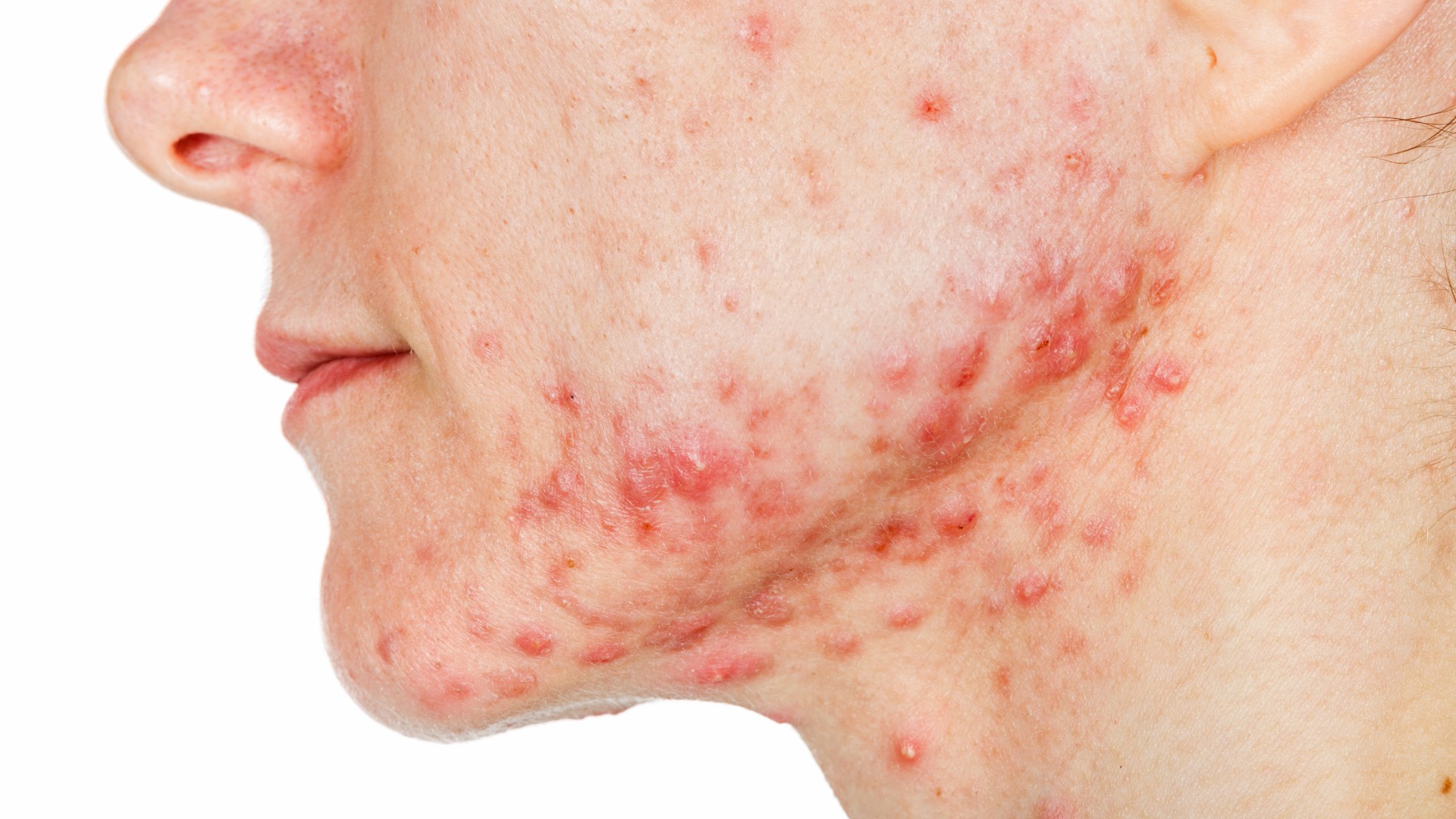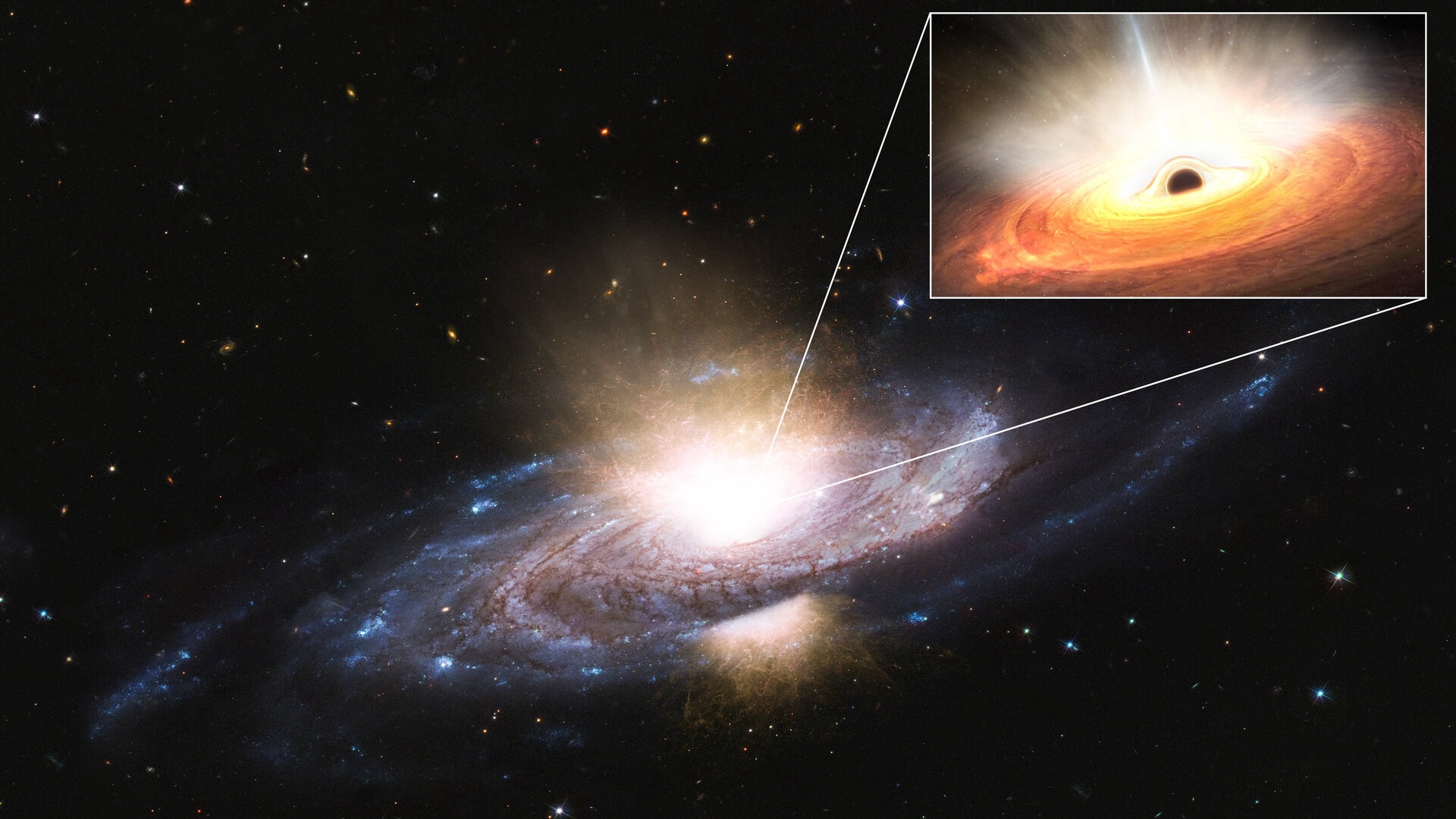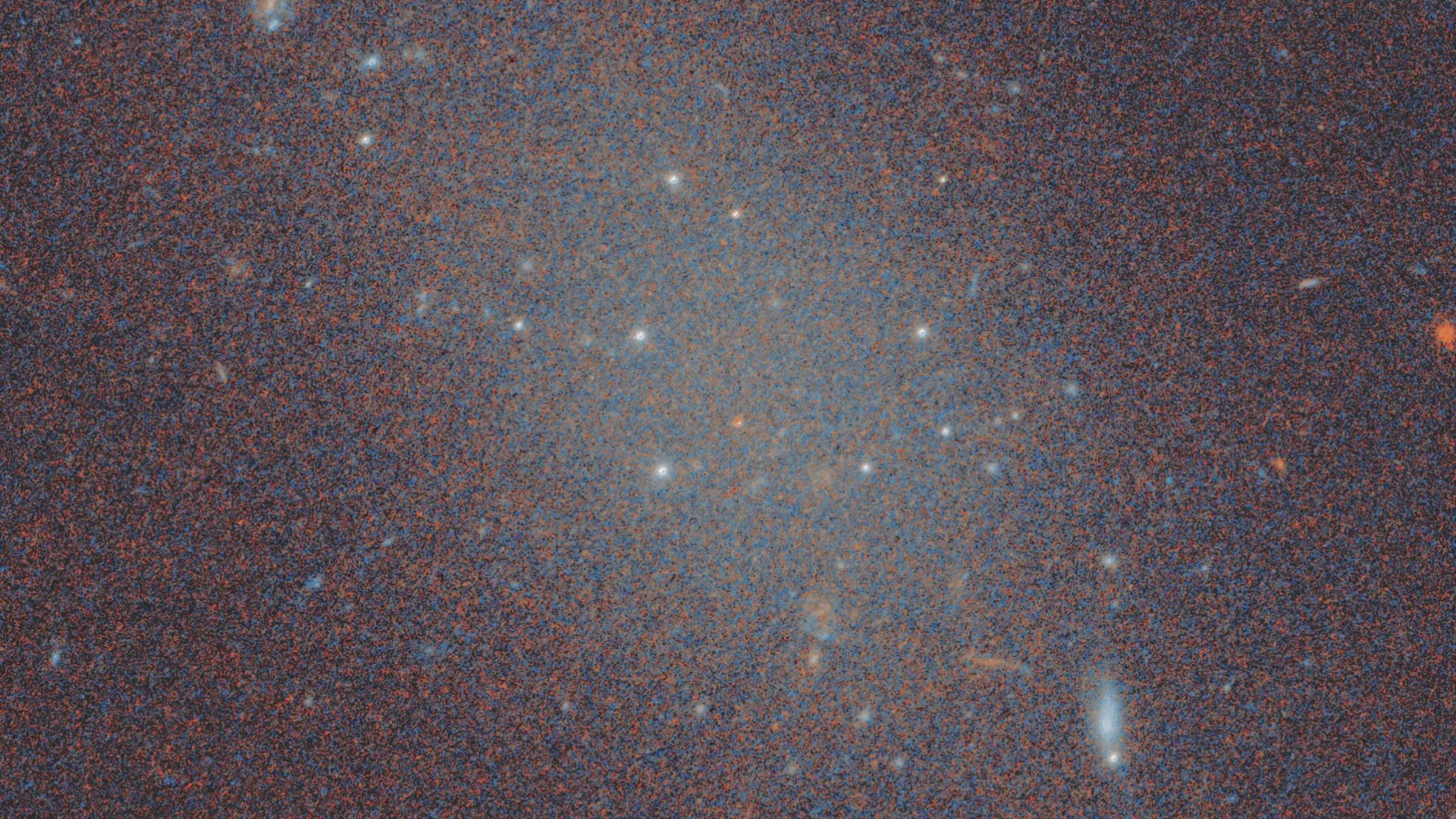Is monkeypox going to spread in children?
Monkeypox can spread in kids, but the risk is low.

As the school year kicks into gear across the United States, a smattering of monkeypox cases in children have made headlines. On the heels of COVID-19's explosive spread, how worried should parents be that monkeypox will start spreading widely in children?
The good news is that although parents should know the symptoms to look out for, they needn't be too concerned. The risk of monkeypox infection in kids in the U.S. is very low right now, said Dr. Kris Bryant, the hospital epidemiologist at Norton Children's Hospital in Louisville, Kentucky, and a member of the American Academy of Pediatrics Committee on Infectious Diseases.
"Currently, we have had more than 20,000 cases of monkeypox in the U.S., but only 17 of those have been in kids zero to 15 years of age," Bryant told Live Science. "Kids are a tiny fraction of all adult cases. I'm really not very worried about monkeypox in children at this point."
The rise of monkeypox
Historically, the disease spread in Central and West Africa, and most reported cases were in children, according to a review published in July in the Journal of Paediatrics and Child Health.
In the 1970s, 1980s and 1990s, the mortality rate appeared high in kids, with reports of up to 17% of infected children dying. But that is likely a major overestimate, because mild cases of the disease were never diagnosed or reported, so only the most severely affected children came to the attention of doctors. It's also possible that those deaths would have been preventable in regions with more access to medical care.
There are two clades of monkeypox, and the one that's currently circulating outside Africa is less deadly than its cousin.
Importantly, monkeypox does not spread very easily.
Sign up for the Live Science daily newsletter now
Get the world’s most fascinating discoveries delivered straight to your inbox.
"What we know thus far is that the vast majority of transmissions have been through close skin-to-skin contact with someone with the diagnosis of monkeypox," said Dr. Wafaa El-Sadr, director of the Columbia University Mailman School of Public Health Global Health Initiative.
While it's possible that respiratory secretions also play a role in transmission, close and sustained contact seems to be key, Bryant agreed. It's not known how much asymptomatic transmission plays a role in spread, though a recent study in the Annals of Internal Medicine suggests that some people may shed virus before their symptoms appear.
Most cases in kids since the disease has been recognized have come from direct human-animal contact (rodents carry the disease in the wild in West and Central Africa) and from household spread. That's why the CDC recommends that people with monkeypox isolate until their lesions heal. Within a household, monkeypox-infected individuals over age 2 should wear masks, the agency recommends, and caregivers should wear gloves when changing bed sheets or bandages. The virus may spread on fabrics, so people with suspected monkeypox shouldn't share bedding or clothes. (A standard wash cycle with detergent will kill the virus.)
Slowing the spread
Monkeypox has an incubation period of seven to 13 days, meaning that's how long it takes for a person who contracts the virus to develop symptoms. The first symptom is often a fever that can last one to five days, possibly accompanied by flu-like symptoms, followed by a rash that can last two or three weeks.
While the pediatric monkeypox cases reported so far have generally been linked to household spread, there have been a few reports of possible exposures at schools and day cares. Day cares, especially, could be a site for spread, because young children are in closer contact with caregivers and each other.
But day cares are also accustomed to rashes that spread via skin contact, Bryant said.
"Schools and daycares have good protocols in place to prevent the spread of infectious diseases that are associated with rashes," she said.
The JYNNEOS vaccine being used for monkeypox was originally approved by the Food and Drug Administration (FDA) for people over age 18. But it has been given to children exposed to monkeypox in previous outbreaks. No major safety issues have come up. In the current outbreak, the FDA has authorized the vaccine for emergency use in kids who have been exposed to monkeypox in order to help prevent spread.
Right now, efforts to slow monkeypox's spread by warning high-risk groups — mostly men who have sex with men — and vaccinating those who might be at risk with the JYNNEOS vaccine seems to be paying off. This could further lower the risk that children will come in contact with the virus.
"What we've seen over the past few weeks in the United States is a plateauing, and now a decrease, a drop in terms of the number of new cases," El-Sadr told Live Science. "This is very encouraging, and it really bodes well in terms of our efforts to potentially eliminate, to stop this outbreak before this virus becomes endemic in our country."
Originally published on Live Science.

Stephanie Pappas is a contributing writer for Live Science, covering topics ranging from geoscience to archaeology to the human brain and behavior. She was previously a senior writer for Live Science but is now a freelancer based in Denver, Colorado, and regularly contributes to Scientific American and The Monitor, the monthly magazine of the American Psychological Association. Stephanie received a bachelor's degree in psychology from the University of South Carolina and a graduate certificate in science communication from the University of California, Santa Cruz.









